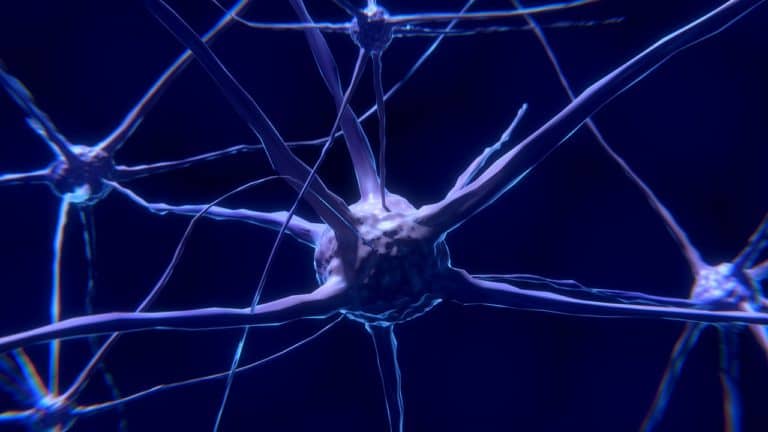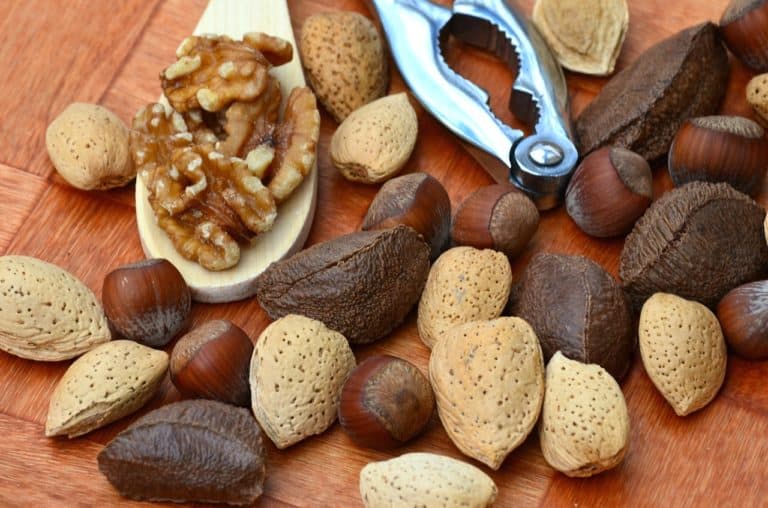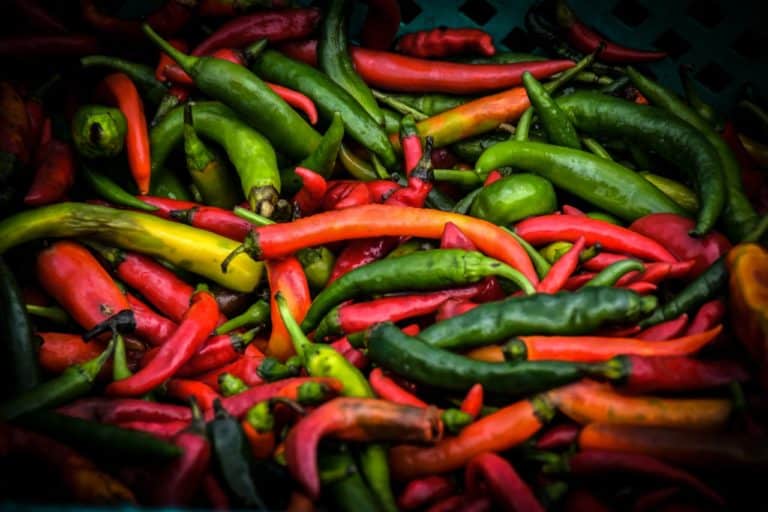The health benefits of green tea for men are quite extensive. For example, green tea contains antioxidants, and specifically catechins, which reduce a man’s risks of developing benign prostatic hyperplasia (BPH). One of the most potent catechins in green tea is epigallocatechin gallate (EGCG). A study found that a daily intake of 600 mg (three 200 mg tablets) of a highly concentrated green tea extract significantly reduced risk of developing prostate cancer in men with precancerous lesions. This amount provides 454 mg of catechins (of which 311 are EGCG). The amount of EGCG in a product is usually approximately 50% of the amount of green tea extract listed on the label.
How do you get the greatest benefits from green tea? Is it best to drink it or take a supplement? ConsumerLab.com tested brewable green tea leaves, extracts, and bottled beverages to determine their contents and what you should know as a consumer about the amounts of EGCG, catechins, purity, and caffeine levels. What they found was surprising.
The product review revealed some interesting facts about green tea products.
- The product’s label should list EGCG levels. While the actual amounts varied, supplements provided the larger amounts of EGCG and total catechins.
- Avoid teas with nylon filters, as nylon seems to bind with EGCG and catechins, resulting in lower levels making it into the tea.
- Tea does not need to steep more than three minutes to get the benefits.
- According to the World Health Organization, in places like Japan where green tea consumption is quite high (over 10 cups per day), the prostate cancer rate is about three times lower than in the United States. Differences could be attributed to other dietary factors.
Caffeine in green tea
ConsumerLab.com found surprisingly high levels of caffeine in some supplements that did not even list caffeine on the label. The daily supply of Omega Sports Green Tea would provide you more than the amount of caffeine found four cups of coffee. Even some decaffeinated products had caffeine in them. Look for a prostate supplement that has no caffeine.
Lead contamination in green tea
Tea leaves from China had higher levels of lead contamination in the leaves, most likely due to pollution. This does not create a huge risk, but it is something to be aware of. Using a filter such as a tea bag, the built-in filter of a Keurig K-Cup, or a fine strainer seemed to keep the lead from going into the tea and being ingested. It is best not to swallow the actual leaves because they found the lead only in the leaves. Teas from Japan, such as Teavana Green Tea Gyokuro Imperial, did not contain measurable lead levels.
Label amount of EGCG
The FDA requires that manufacturers print on packaging for supplements the species name of the plant and part of the plant from which the tea comes as well as the ingredients in the capsule. Some products were in violation of this labeling. Omega Sports Green Tea violated this labeling and contained less than the claimed amount of EGCG per capsule. Enzymatic Therapy Green Tea Elite with EGCG was found to provide only 83.2% of the labeled amount of EGCG. Most of the other products checked out as following FDA rules and containing the amounts their package claimed.
Honest Tea Green Tea Beverage with Honey might want to rethink their name, as the ConsumerLab.com found in the product only 62.7% of the catechins listed on the label.
Cost per amount of EGCG
The most affordable way to get green tea’s benefits for prostate health with high EGCG content is to buy green tea supplements.
If you prefer to drink your tea, Lipton Green Tea provided a high amount of EGCG for a low purchase price and came out as the most affordable brewed tea. Bigelow Green Tea was also affordable but had lower EGCG levels than the Lipton.
Bottled green tea beverages are the most expensive route one can take to get the least amount of benefits. For example, Diet Snapple Green Tea contained very low levels of EGCG plus unwanted sweeteners. Harney & Sons Organic Green tea had more EGCG and more natural sweeteners but is more costly than the brewed teas.
References
Bettuzzi S et al. Chemoprevention of human prostate cancer by oral administration of green tea catechins in volunteers with high-grade prostate intraepithelial neoplasia: a preliminary report from a one-year proof-of-principle study. Cancer Res 2006 Jan 15; 66(2):1234-40.
Product Review: Green tea supplements, drinks, and brewable teas review consumerlab.com.







